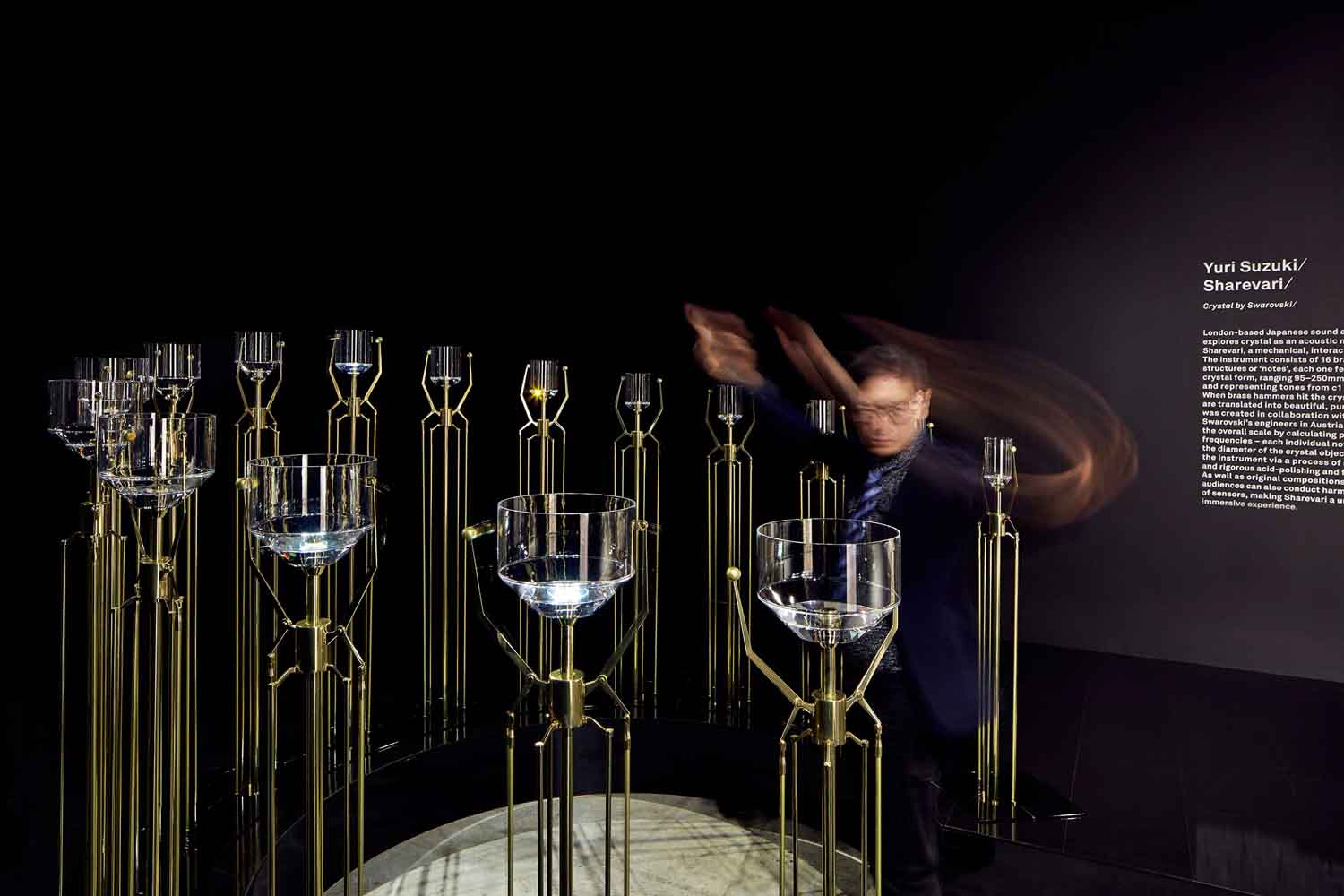
A philosophical journey into the world of chairs: conversations with design icons about aesthetics and functionality
supported by AVITO
&Yellow Images
Through interviews with theorists and leading practitioners, the documentary reveals how this seemingly simple object embodies questions of existence, function, and beauty.
From reflections on the nature of reality to the creative processes of designers shaping our everyday environment, the film offers a dialogue between thought and form — showing how the chair continues to define the way we live, work, and dream.
The film premiered in June at Beat Film Festival.
Festivals
Beat Film — June 2025
Premio Felix — November 2025 🏆
CineOff — November 2025
Beat Weekend — November 2025
Stockholm City Film Festival — November 2025
La Boheme — December 2025 🏆
Lift-off Global Network — December 2025
Lift-off London — December 2025
Miami Beach Film Festival — April 2026
Participants
Niels Gammelgaard, industrial design leader, spent 30 years shaping industrial design with IKEA’s founder
Kengo Kuma, architect, master of nature-based design

Paul Arne Ostvaer, professor of Mathematics, Milan University & University of Oslo
Kohtaro Mori, designer and master craftsman in wood
Barnaba Fornasetti, owner and artistic director at Atelier Fornasetti

Harry Nuriev, architect, designer, founder of Crosby Studios
Andrea Mocellin, founder and inventor at Revolve Air
Oleg Paschenko, visual artist and philosopher
Damien Anger, senior specialist at Carpenters Workshop Gallery
Alexandra Cassirer, self-taught artist whose practice spans performance, photography, video, and multimedia installations

Alexandra Batten and Daniel Kamp, BATTEN & KAMP
Luca Poncellini, head of department of design and applied arts at NABA
Margherita Pellino, design expert and representative of Fondazione Vico Magistretti
Luca Lo Pinto, artistic director of MACRO museum (Rome), co-founder of NERO magazine
Elio Franzini, philosopher, former rector of the University of Milan

Natasha Klimchuk
is a film director, and co-founder of the Bang! Bang! Studio and Lunatum magazine. She works at the intersection of design, visual culture, and philosophy. Director of documentary films exploring design and visual culture. Based in Milan.

Previous films:
Documentary about Russian aesthetic
Nominated at Esto Es Para Esto and the International Documentary & Short Film Festival of Kerala
Documentary about Russian identity
Jury Diploma at the Premio Felix Festival (Milan) / Nominated at El Gouna Film Festival, Sputnik Over Poland, On Art Film Festival, and LuxFilmFest
A chair is not just an object. It supports the body, holds it in place, and tells stories — about time, society, and language. It brings together function and meaning, idea and matter, utility and expression. It can be comfortable or awkward, modest or provocative — but it always speaks.
We showcase some of the most iconic chairs ever created, such as
Eames Lounge Chair
Barcelona Chair
Egg Chair
Wassily Chair
Panton Chair
Louis Ghost Chair
Thonet Bentwood Chair
Bertoia Diamond Chair
Tulip Arm Chair
LC4 Chaise Lounge
Many philosophers addressed the chair in their works, and the chair metaphor is commonly employed to illustrate various concepts
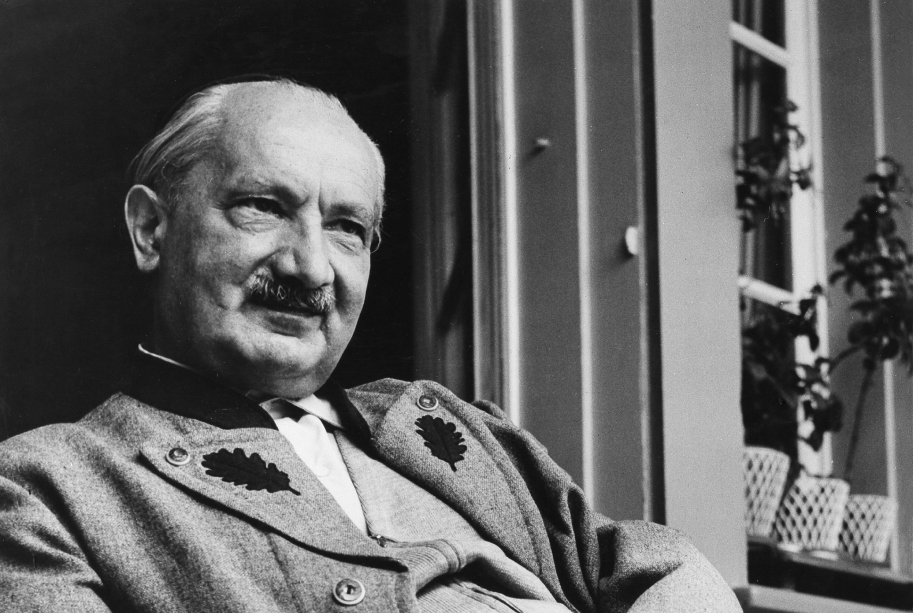
These range from the ontological nature of objects and how humans interact with the world, to the creation of values by the human mind and even the formation of the world itself. We will explore these ideas in depth.
Martin Heidegger
Heidegger's central argument is that the chair, as a work of art, reveals the "truth" of the world in two ways
1
It reveals the "truth" of the world as a set of equipment, or things that are used to accomplish a task
2
It reveals the "truth" of the world as a place where human beings dwell
Heidegger believes that the chair, as a work of art, reveals the way that things are in the world and the way that human beings interact with the world
Jean-Paul Sartre in his Being and Nothingness uses the example of a chair to illustrate the idea of "being-for-itself" and "being-in-itself" where the chair is an object that exists independently of the subject, while the subject exist independently of the chair.
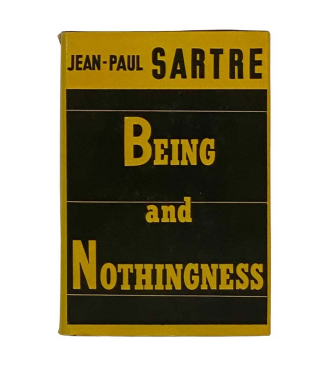
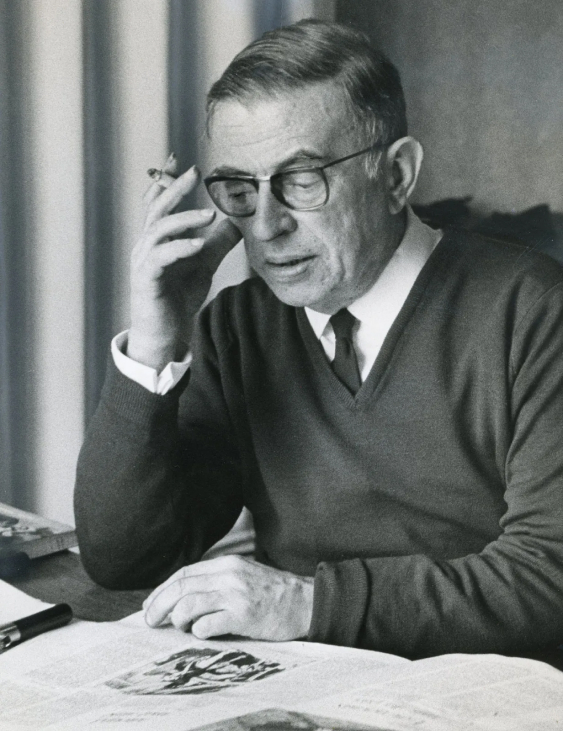
Jean-Paul Sartre
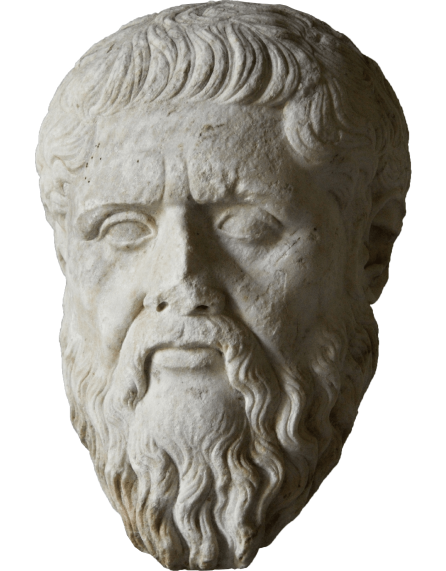
In The Republic, Plato uses the metaphor of a "divine craftsman" or demiurge to make the world
He compares this craftsman to a carpenter, who makes a bed or a chair which are a copy of eternal forms in the world of forms
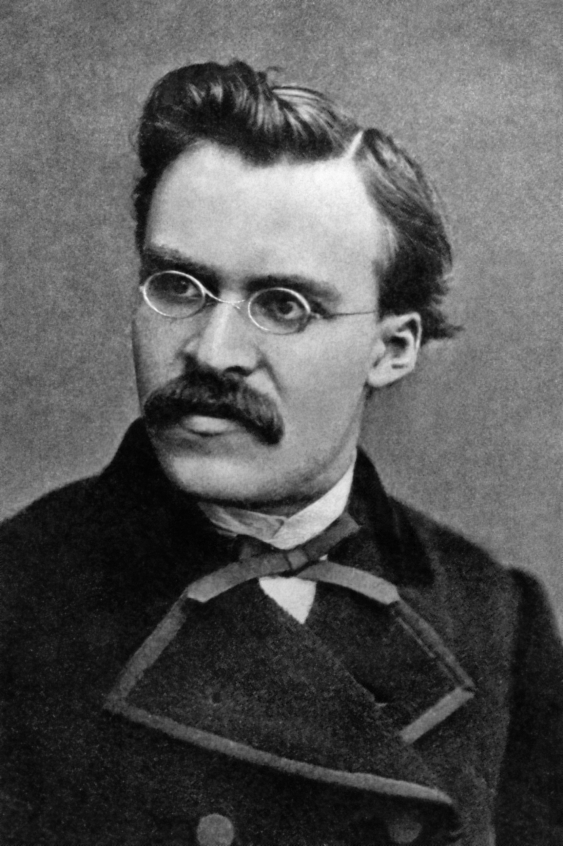
Friedrich Nietzsche
Friedrich Nietzsche uses the metaphor of a "chair" in Thus Spoke Zarathustra,
Where he talks about how the human mind creates values and how these values are like chairs that we sit on. He argues that these values are created by the human mind and are not inherent in the world

Join us on this journey as we unravel the fascinating world of chairs!
* By clicking Subscribe, you agree with the Privacy Policy
Selected Articles

Two ChairsProject type














